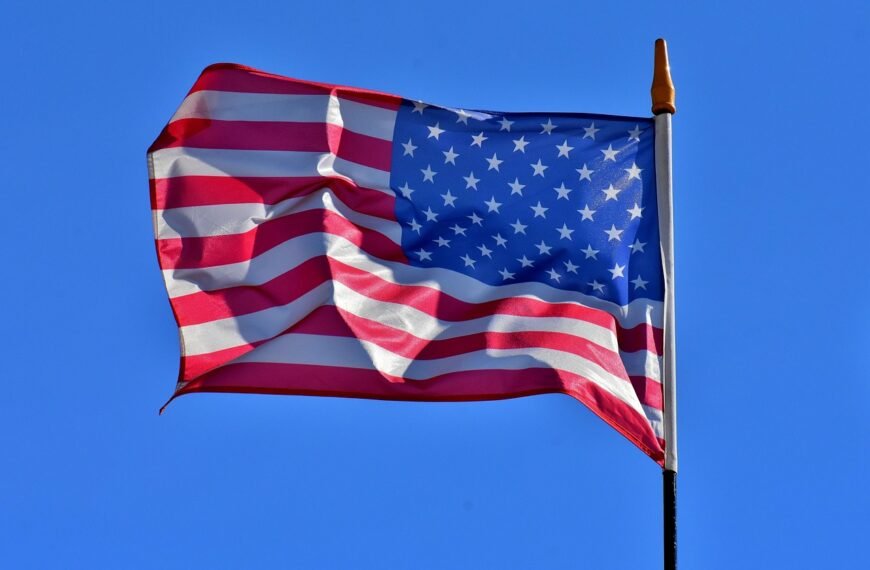The clock is ticking for TikTok—but not as fast as it was. In a move that has become familiar, the U.S. government has once again extended the deadline for the popular social media app to avoid a nationwide ban. This fourth delay signals ongoing, high-stakes negotiations between American and Chinese officials, all centered on one question: who will control the data of millions of American users?
The Latest Extension: What Happened?
President Trump formally pushed the deadline for TikTok’s potential ban to December 16th. This gives more time to finalize the details of a “framework deal” announced after talks between U.S. Treasury Secretary Scott Bessent and Chinese Vice Premier He Lifeng. The core goal remains the same: to transition TikTok’s U.S. operations to American ownership to address national security concerns about user data being accessible by the Chinese government.
The Sticking Points and The Framework
The original order, mandated by Congress, required TikTok’s parent company, ByteDance, to sell its U.S. assets by January 19th. That deadline has now been extended multiple times as both nations navigate a complex web of economic and security interests.
U.S. officials state the objective is clear-cut: secure American ownership. Chinese officials, meanwhile, have described reaching a “basic framework consensus” to resolve the issue cooperatively and reduce investment barriers. The specifics of the deal, including which U.S. companies might be involved, remain under wraps.
Why the Delay? Politics and Popularity
Analysts point to several reasons for the repeated extensions:
- Political Capital: President Trump has acknowledged TikTok’s popularity, especially among younger voters, and has expressed a reluctance to “see value thrown out the window.”
- Complex Negotiations: Unraveling a global tech giant’s ownership structure is incredibly complex, involving intricate negotiations between two superpowers.
- Evolving Value: Some experts argue that while the talks continue, the app’s unique value may be diminishing. Competitors like Instagram Reels and YouTube Shorts have successfully replicated its features, meaning a U.S. buyer may be purchasing a large user base rather than irreplaceable technology.
What Happens Next?
All eyes are on the new deadline of December 16th. Will a final deal be reached that satisfies U.S. security concerns and China’s economic interests? Or will this become a recurring cycle of extensions? The outcome will set a major precedent for how the U.S. handles other foreign-owned tech platforms in the future.
The repeated extensions of TikTok’s deadline highlight the challenging intersection of technology, national security, and global politics. While a framework for a solution is on the table, the path to a final resolution is still being paved. For now, TikTok users can keep scrolling, but the app’s future in the U.S. remains one of the biggest and most uncertain stories in tech.




















